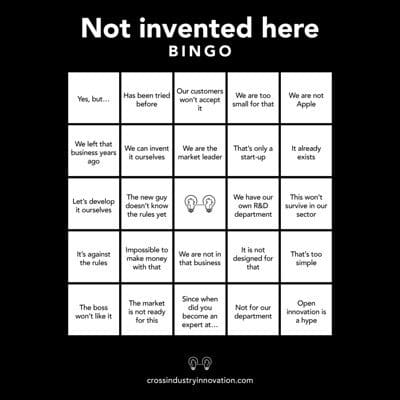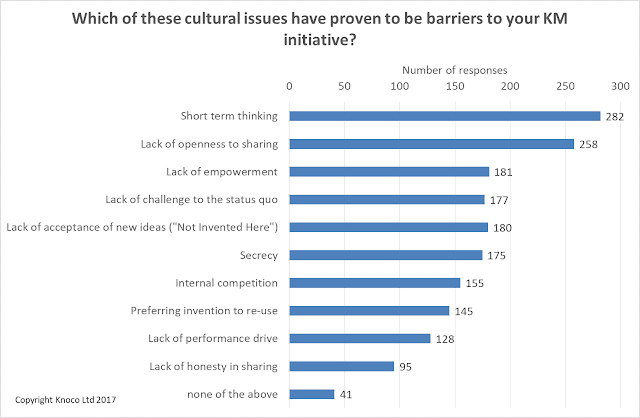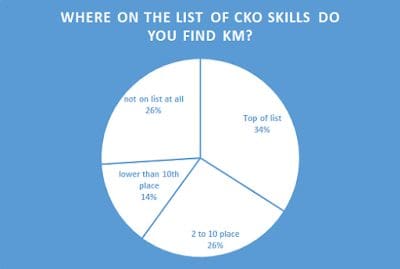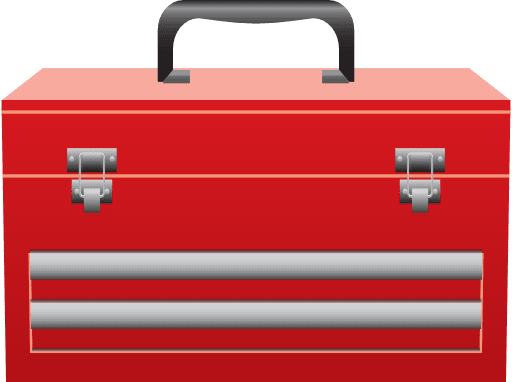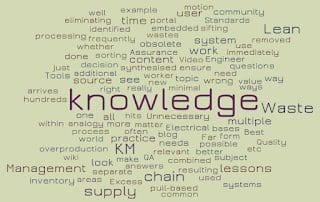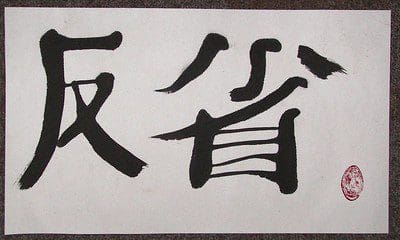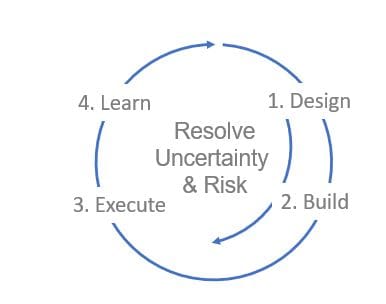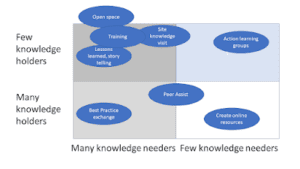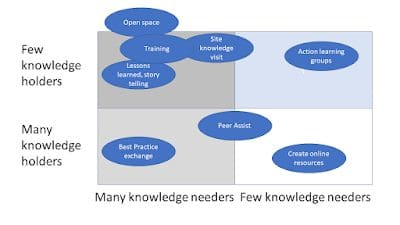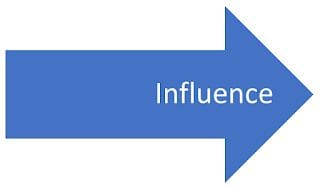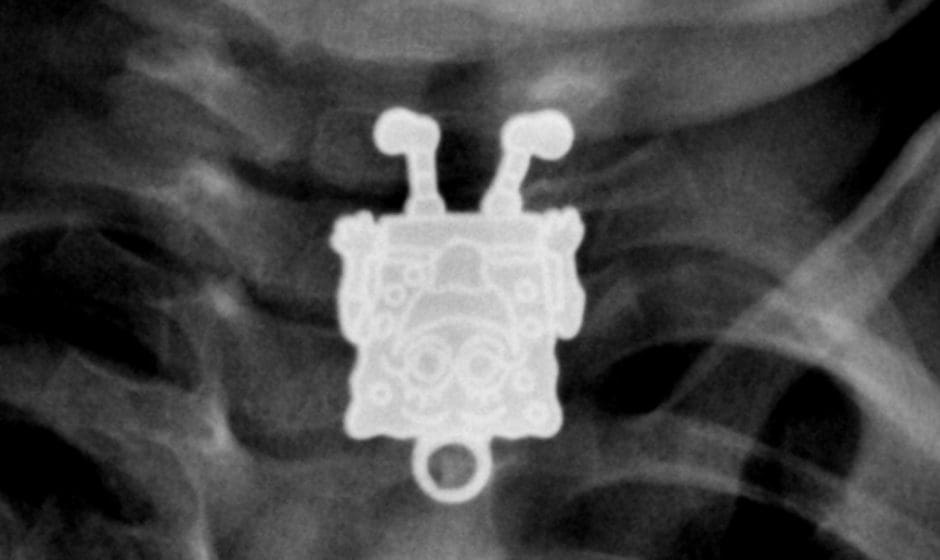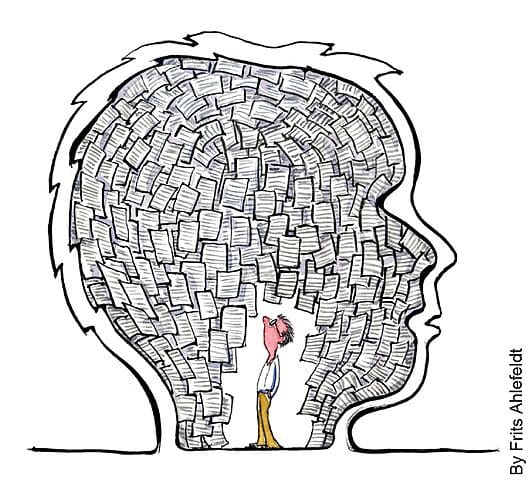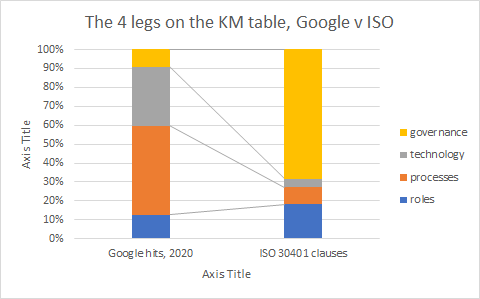Nick Milton
-
Nick Milton wrote a new post on the site CYBERCASEMANAGER ENTERPRISES 5 years, 10 months ago
The 70:20:10 rule is commonly quoted, as in this video by Steve Trautman, as representing the three ways in which people learn. 10% of our learning, comes from formal training20% of our learning comes from […]
-
Nick Milton wrote a new post on the site CYBERCASEMANAGER ENTERPRISES 5 years, 10 months ago
Mentoring is a valuable component of KM when it comes to onboarding new staff. A recent article tells us just how valuable it is. Image from wikimedia commonsThe article is entitled “The secrets of leveling up […]

-
Nick Milton wrote a new post on the site CYBERCASEMANAGER ENTERPRISES 5 years, 10 months ago
One of the main barriers to knowledge transfer and re-use is complacency. Benchmarking (internal and external) can help remove this complacency.Not invented here Bingo, by Ramon Vullings on FlickrOne of the […]

-
Nick Milton wrote a new post on the site CYBERCASEMANAGER ENTERPRISES 5 years, 10 months ago
Know-Why is important in KM, but sometimes neglected. Let’s see what happens if this is not captured.Image courtesy of keesler.af.milKnow-how is one of the cornerstones of Knowledge Management. If we capture how […]
-
Nick Milton wrote a new post on the site CYBERCASEMANAGER ENTERPRISES 5 years, 10 months ago
Which are the most common cultural barriers to KM? How do these barriers change with KM maturity? Which parts of the world have the most cultural barriers? These are some of the questions we addressed in our r […]

-
Nick Milton wrote a new post on the site CYBERCASEMANAGER ENTERPRISES 5 years, 10 months ago
In 2015 I published a post showing that a significant proportion of CKOs know very little about Knowledge Management, at least according to their Linked-in profiles. This year I revisited these stats.It seems […]

-
Nick Milton wrote a new post on the site CYBERCASEMANAGER ENTERPRISES 5 years, 10 months ago
What is the Knowledge management solution? That’s a question that’s been debated for two decades, but I would like to take a high-level approach to the question and ask – is the solution a tool, a toolbox, or a […]

-
Nick Milton wrote a new post on the site CYBERCASEMANAGER ENTERPRISES 5 years, 10 months ago
Defer judgement – never drive your brain with the brakes on. One of the ten key elements of an Organisational Learning culture is Openness, and part of the key to openness is deferral of judgement.We see this in […]
-
Nick Milton wrote a new post on the site CYBERCASEMANAGER ENTERPRISES 5 years, 10 months ago
IDEO based their KM platform around 5 design principles. Here they are.Image from wikimedia commonsHere is a fascinating article by Doug Solomon, entitled “The Tube: IDEO Builds a Collaboration System That […]

-
Nick Milton wrote a new post on the site CYBERCASEMANAGER ENTERPRISES 5 years, 10 months ago
This updated reprise from the archives uses the Lean Supply Chain as an analogy for KM, and suggests ways in which we can remove waste from Knowledge Management. There is a lot of value on using metaphors as […]

-
Nick Milton wrote a new post on the site CYBERCASEMANAGER ENTERPRISES 5 years, 10 months ago
Effective learning within an organisation requires consistent and rigorous self-analysis, in order to pick up learning points and points of improvement. In Japan, this process is known as Hansei.Hansei, by Jim […]

-
Nick Milton wrote a new post on the site CYBERCASEMANAGER ENTERPRISES 5 years, 10 months ago
KM in product development has its own set of principles. Here they are. The Exploratory Product Development Resolution Loopby Petepetey via Wikimedia CommonsKennedy, Harmon and Minnock’s excellent book “Ready, […]

-
Nick Milton wrote a new post on the site CYBERCASEMANAGER ENTERPRISES 5 years, 10 months ago
You want to plan a face to face event for your Community of Practice in order to transfer knowledge, but which event style do you select?This is a discussion I have been having recently, and it struck me that this […]

-
Nick Milton wrote a new post on the site CYBERCASEMANAGER ENTERPRISES 5 years, 10 months ago
You want to plan a face to face event for your Community of Practice in order to transfer knowledge, but which event style do you select?This is a discussion I have been having recently, and it struck me that this […]

-
Nick Milton wrote a new post on the site CYBERCASEMANAGER ENTERPRISES 5 years, 11 months ago
Transferring knowledge is like passing a ball – both the thrower and the catcher share accountability for an effective pass. Imagine an experienced practitioner transferring knowledge to a younger colleague or […]

-
Nick Milton wrote a new post on the site CYBERCASEMANAGER ENTERPRISES 5 years, 11 months ago
The Farnham Street blog (reporting on the book Mind Gym) describes nine tactics you can use to influence others, while making the point that ““it is essential that you understand the other person’s reasons so you […]

-
Nick Milton wrote a new post on the site CYBERCASEMANAGER ENTERPRISES 5 years, 11 months ago
This reprised blog post is a reminder of that amazing example of free and open knowledge sharing that is RadiopaediaX-ray published in ABC news, taken from Radiopaedia As described in this fascinating ar […]

-
Nick Milton wrote a new post on the site CYBERCASEMANAGER ENTERPRISES 5 years, 11 months ago
The way that individuals remember is a small-scale analogue for Organisational Knowledge Management. Image from WikipediaWe acquire knowledge through experience or through learning;We store that knowledge in our […]

-
Nick Milton wrote a new post on the site CYBERCASEMANAGER ENTERPRISES 5 years, 11 months ago
Who owns the knowledge in your head; you, or the company you work for?Image by Frits Ahlefeldt on Wikimedia CommonsInstinctively most of us assume that we own the knowledge in our heads. It’s our head, so it’s our […]

-
Nick Milton wrote a new post on the site CYBERCASEMANAGER ENTERPRISES 5 years, 11 months ago
A recurrent theme on this blog is to address “the 4 legs on the Knowledge Management table” – the four enabling elements of the Knowledge Management Framework (and indeed of any management framework) – roles, […]

- Load More


